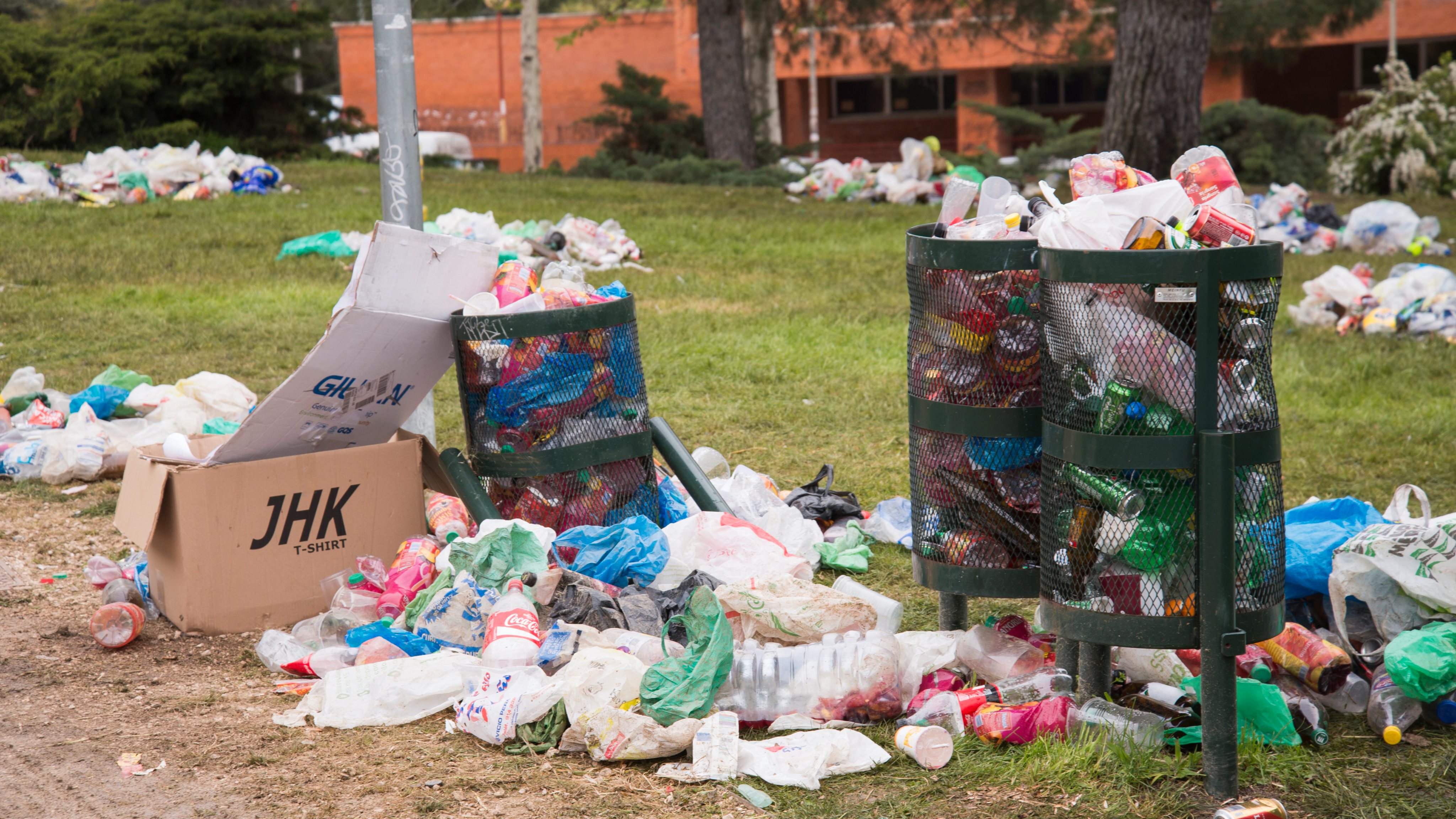Urban hygiene issues were the dominant theme in the Lisbon Municipal Assembly on Tuesday, with the parties exchanging accusations about who is responsible for the accumulation of garbage in the streets of the capital.
The debate, requested by the Livre municipal group, lasted about two hours and gave rise to various interventions and questions.
Opening the debate, the municipal deputy of Livre, Isabel Lopes, justified the relevance of the issue in the fact that the garbage problem had won “expression in recent months” and why yes “accumulate complaints on social networks”drawing attention to the proliferation of pests of rats and cockroaches.
Along the same lines, the interventions that followed, by the elected representatives of the PEV, PAN, PCP and BE, pointed to the administrative reorganization of 2012, the delegation of powers to the parish councils, as the cause of the worsening of the situation. the resumption of tourism and the lack of human resources.
The exchange of accusations about the responsibility for the accumulation of garbage in the streets of Lisbon began with the intervention of the Social Democratic municipal deputy Luís Newton, who also chairs the Estrela parish council, who considered that the marking of this debate was “an exercise of hypocrisy”, since “the problem is an inheritance from previous mandates”.
It’s that BE and Livre came here to launch this hypocritical debate because they couldn’t solve the garbage problem when they had the responsibility in this house. This debate is a farce.”
On the opposite side, PS municipal deputy Carla Madeira, who chairs the Misericórdia parish council, said that urban hygiene “is a big problem today” and that “the city of Lisbon has never been so unhealthy”.
In response, the vice president of the Lisbon City Council, Filipe Anacoreta Correia (CDS-PP), pointed out that the problems with garbage “are not exclusive to Lisbon” and denied “a catastrophic vision”.
“I do not agree with the catastrophic readings and that the problem has worsened. Some problems are getting better,” she said, challenging opposition parties to come up with proposals “instead of just making diagnoses.”
The councilor responsible for Urban Hygiene of the Lisbon Chamber, Ângelo Pereira (PSD), intervened to list a set of measures that the municipality is carrying out to alleviate the problem, among which are the hiring of two hundred more workers, the reorganization of services, the creation of a network of circuits and the increase in the collection frequency.
The Social Democratic mayor said that the Lisbon City Council hired another 160 street fishermen, 15 workshop workers and 30 drivers.
Regarding the reasons for the accumulation of garbage in the streets of the capital, Ângelo Pereira justified it with the scarcity of human resources, the age of the fleet, the period of repair of the Valorsul incinerator and the deposit of waste outside the indicated hours. for the It’s done.
Even before the start of the discussion, in the public intervention period, Vítor Reis, from the Lisbon Municipal Workers’ Union (STML), intervened to remove all responsibility from the workers and union activity in the “chaotic situation that is live in the city”.
People should question the Speaker of the House. The responsibility lies with the previous mandates, but also with the current one,” said the trade unionist.
In a July meeting with the Lisbon Municipal Workers’ Union (STML), the Local Administration Workers’ Union (STAL) and the Public Administration Workers’ Union (SINTAP), Carlos Moedas said that 18 million euros to the parish councils, which are responsible for cleaning the streets and around eco-islands.
The mayor then affirmed that the problem of urban hygiene “comes from way back, it is not a problem that is being created today” or that it belongs to this mayor.
At the time, Vítor Reis, from the STML, agreed that urban hygiene problems in Lisbon are not new and worsened with the transfer of powers from the city council to the parish councils, in 2014.
However, he added, with the end of the pandemic and the return of tourism, the problem has worsened.
Source: Observadora
